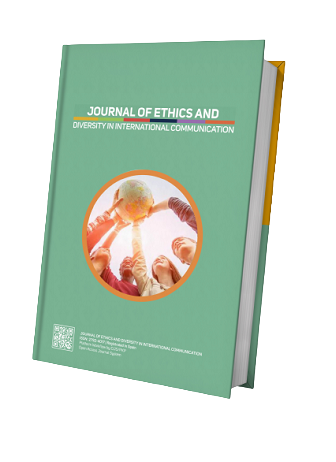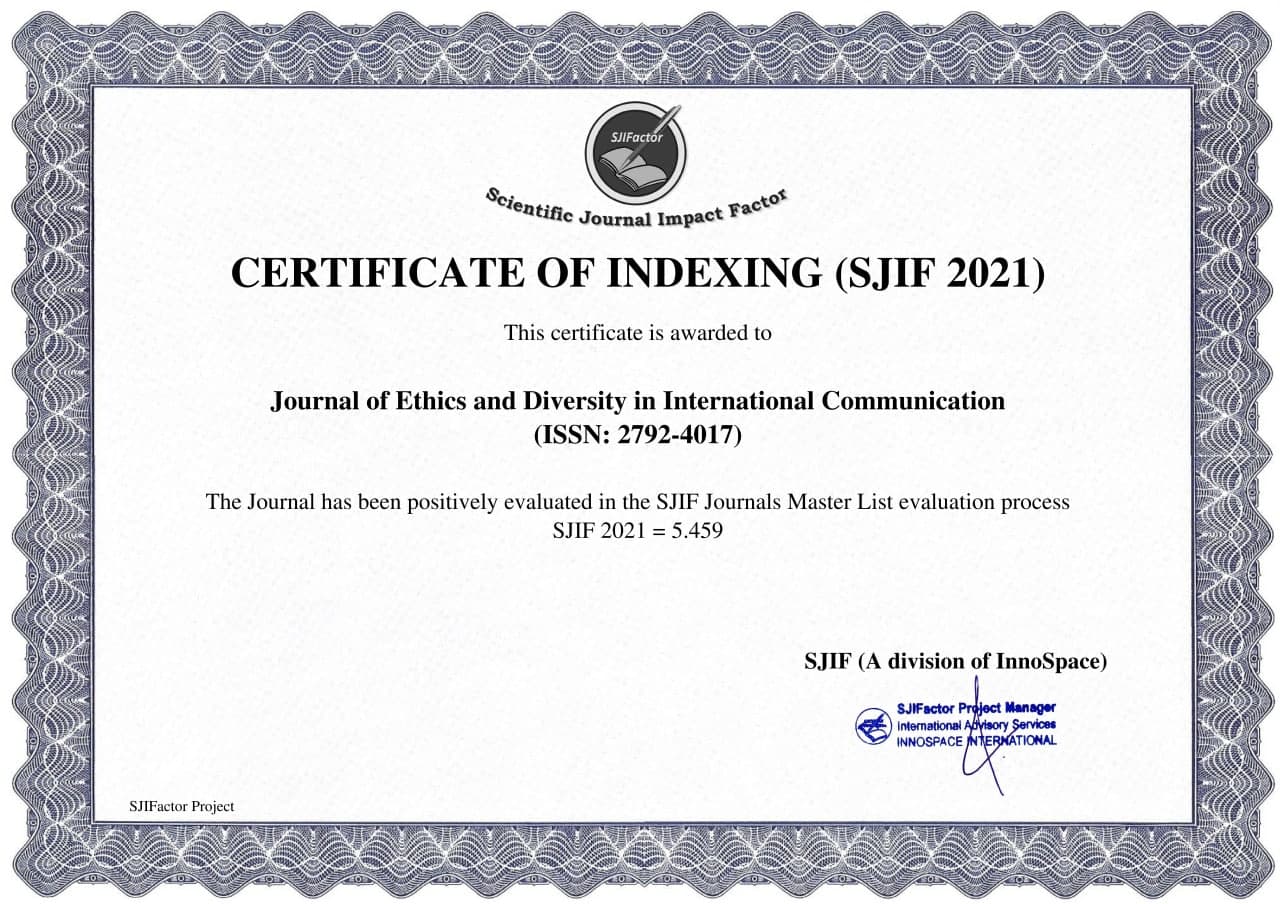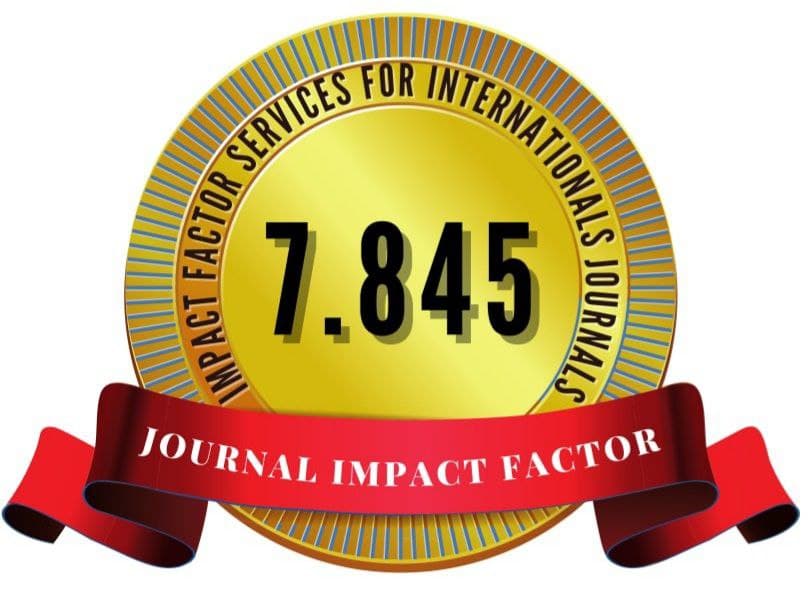Some Aspects of Teaching a Foreign Language in Non-Linguistic Higher Education Institutions
Keywords:
skills, abilities, professional qualifications, speech etiquette, communicative competence, modern methodologyAbstract
In a modern university, a teacher of English for Special Purposes has to spend a lot of time developing teaching materials for a number of reasons. In some cases, this is due to the lack of English textbooks for students of rare specialties, in others - the high cost of educational materials, in the third - their unacceptability for educational purposes in general or for a specific educational situation. The development of training materials can take place on the basis of an already existing program or simultaneously with its creation. One of the most important tasks of university education is the formation of professional competencies. Accordingly, the teaching of a foreign language for special purposes is dictated by the needs of professional communication. Modern requirements for higher education teachers provide for the formation of a new type of specialist - a personality with the ability for creative, independent activity and high professional qualifications. Constantly changing social, political and economic conditions define new challenges and dictate the necessary changes focused on students, their real interests and needs.








